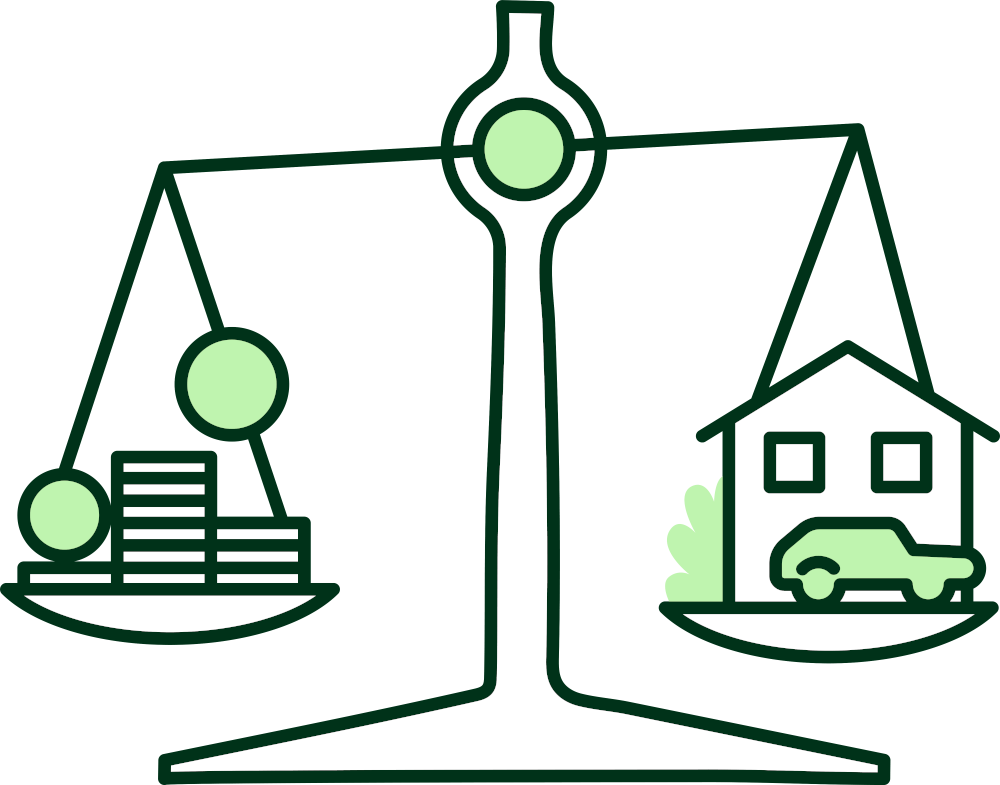What is a magistrates’ court fine?
The magistrates’ court may fine you for things like driving offences and not having a television licence. They can also order you to pay compensation to any injured party and award costs against you.
The fine may be set at an initial hearing or in a fixed penalty notice.
If you get fined, make sure the court has all the information about your circumstances. This may affect the level of the fine and whether you can pay in instalments. You can also be fined if you do not give the court details of your income and outgoings when ordered to do so.
Understanding magistrates’ court fines
If you get a fine, the court will make a collection order. The collection order will be sent to you and will set out what payments should be made on your fine and when. This may allow you time to pay in instalments, or to ask for payment in full within ten days.
If you cannot afford to pay the fine at the rate set by the court, you can apply to the fines officer to change your payment arrangements. They may agree to this if you can prove you have had a change in your circumstances, or you can give the court extra information about your financial position.
If you miss payments on your fine the fines officer can take further steps. This includes referring your case back to the magistrates’ court for a hearing or sending you a notice telling you what steps they intend to take. The further steps can include using bailiffs or a clamping order to enforce payment. Alternatively, the fine could be enforced in the County Court or High Court. The fines officer can also register the fine. This may affect your credit.
If you already have another fine outstanding and you have missed payments the court ordered you to pay, you will be treated as an ‘existing defaulter’. If you are an ‘existing defaulter’, the court must make an attachment of earnings order or deduction from benefits order. This means payments toward the fine will automatically be deducted from your income.
What can I do if I cannot afford to pay the fine?
If your fine hasn’t been passed to bailiffs, contact the fines officer or regional fines enforcement team to explain your situation. Propose a repayment plan to them. If you can’t afford a repayment plan speak to one of our debt advisers for free for advice.
There may need to be a court hearing. But if you provide a personal budget and details of your circumstances your offer may be accepted without a hearing.
The court can remit all or part of the fine if your circumstances have changed since it was set. It cannot remit compensation orders or costs.
The court can adjust payment terms. For example, they can:
- order deductions from your benefits
- issue a warrant for bailiffs to seize goods
- consider a committal to prison.
You cannot be sent to prison without attending at least one hearing.
Doing unpaid work might be an alternative to imprisonment.


